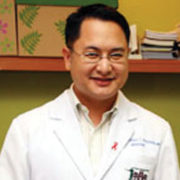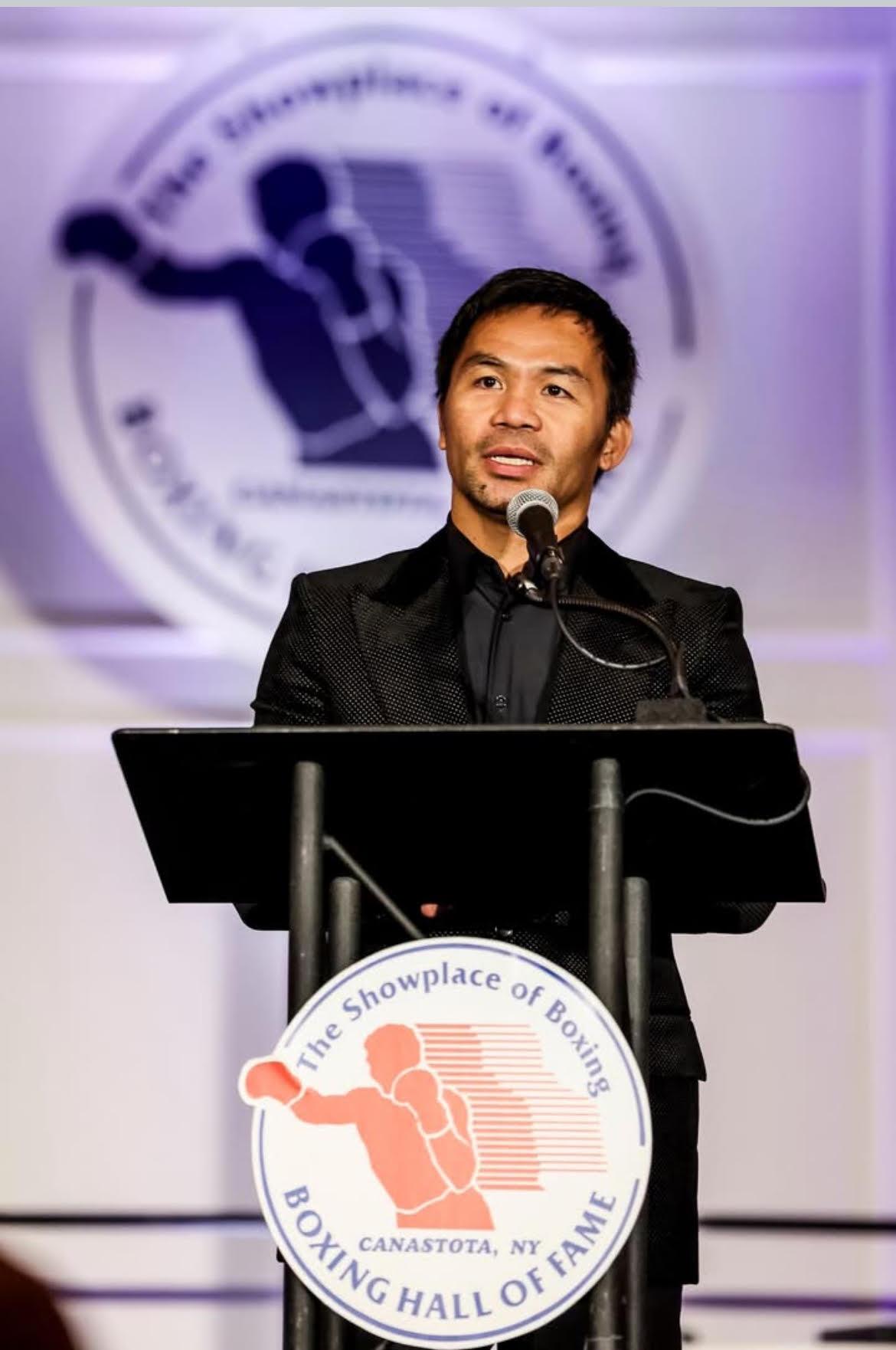FILIPINO physician Dr. Edsel Maurice Tanghal Salvana might as well have “outstanding” as his middle name. Recently elected as one of the 2012 Ten Outstanding Young Persons of the World (TOYP) for his contribution in healthcare, Dr. Salvana was also awarded by President Noynoy Aquino as one of the Ten Outstanding Young Men (TOYM) in the Philippines in 2010. He also received the prestigious honor as the Philippines’ Outstanding Young Scientist (OYS) in 2010.
An HIV/AIDS expert, Dr. Salvana specializes in internal medicine, tropical medicine, and infectious diseases. He was listed in the TOYP for his contribution in the field of Humanitarian and/or Voluntary Leadership. Along with the other nine honorees, Salvana will be awarded at the JCI World Congress on November 2012 in Taipei, Taiwan “for service, determination and action through adversity to create a better world.”
Organized by the US-based Junior Chamber International (JCI), the annual TOYP Awards have been given yearly since 1983 to “formally recognize young people who excel in their chosen fields and create positive change.”
JCI invited young people from around the world to participate in selecting the 2012 JCI TOYP Honorees. Nominees must be between 18 to 40 years old, among other requirements. Along with the traditional final judging panel, comprised of representatives of select partner organizations and the JCI President, the online votes helped determine who emerged the winners. After more than 15,000 votes were cast and the judging panel reviewed the finalists, Dr. Salvana was selected as one of ten young active citizens “for their exemplary service to their communities and the world”.
“Dr. Edsel Maurice Salvana turned his knowledge and career in healthcare into a way to help those suffering from HIV/AIDS. After discovering an increase of HIV/AIDS cases in his home country, he started a vigorous awareness and research campaign long before the Philippine government officially recognized the epidemic. Dr. Salvana also works with the disease globally, delivering educational, action-oriented speeches about the HIV/AIDS to the United Nations and the United States Peace Corps,” cited JCI.
Education
Born and raised in the Philippines, Dr. Salvana studied in the Philippine Science High School and then received a BS Biology degree, magna cum laude, in 1996 from the University of the Philippines in Diliman. He credits then UP chancellor Dr. Ernesto Domingo, whose daughter he later married, for inspiring him to pursue medicine.
He earned his medical degree in 2001 from UP Manila, and then he decided to take up a residency in internal medicine at the Medical College of Wisconsin in Milwaukee from 2002 to 2005.
He then went on to earn a diploma in Tropical Medicine and a fellowship in infectious diseases at the Case Western Reserve University School of Medicine in Cleveland, Ohio. He became the first Filipino chief fellow of the Section of Infectious Diseases.
‘Balik Scientist’
Salvana gave up a very promising career in America and decided to go back to the Philippines in 2008 after learning of an increase of HIV/AIDS cases in the country. He was given the “Balik Scientist” title by the Department of Science and Technology (DOST). Established in 1975, DoST’s Balik Scientist Program aims to reverse the effects of migration of experts by encouraging Filipino scientists and technicians to return to the country and share their expertise, as well as promote scientific and economic development.
Through the Balik Scientist program, Dr. Salvana received his appointment at the National Institutes of Health, at the Institute of Molecular Biology and Biotechnology. “The thrust is to look at low-cost, high-tech diagnostics for the Philippines, translate what they have in the US and form our own homegrown diagnostics for dengue, H1N1, and make them affordable. That was an interesting institute for me to join. There’s a lot of basic science involved,” he says.
He also received a cross-appointment at the PGH’s infectious diseases section.
HIV and AIDS awareness
Salvana started an awareness and research campaign on HIV and AIDS long before the government recognized the epidemic. He said he felt he had to help after realizing he was the only one among the doctors in the Philippine General Hospital’s infectious disease section with extensive training in treating HIV and the resulting acquired immunodeficiency syndrome (AIDS).
“In one month, I saw 12 new HIV/AIDS cases. The youngest was 21 years old. He had symptoms which (occur only in) very advanced HIV cases, which means he got this when he was much younger. And I felt this is just ridiculous, we have to do something,” he told Philippine Star in an earlier interview.
He compared the Philippine HIV situation to “San Francisco in the 1980’s,” when a lack of information about the disease allowed an epidemic to emerge in that city.
The Department of Health reports that there has been an increase in diagnosed HIV/AIDs cases every year since 2000. Salvana advocates more training for doctors and more medical equipment, and believes government and non-government organizations need to find additional ways to inform the public about the disease.
Salvana’s advocacy gained international recognition through his educational and action-oriented speeches given in different parts of the world, including in the United Nations and US Peace Corps.
He has also promoted H1N1 awareness in the country and is the project leader of an online genome library to track Philippine H1N1 online.
Career and achievements
The young doctor focuses on tropical medicine, including diseases like encephalitis (brain inflammation) and schistosomiasis (snail fever). His groundbreaking work in lymphatic filariasis (an infection caused by parasite infestation) has been given recognition by the Infectious Diseases Society of America, the American Society of Microbiology, and the American Society for Tropical Medicine and Hygiene.
His article “Infectious Complications Associated with Monoclonal Antibodies and Related Small Molecules” has been included in Clinical Microbiology Reviews, the highest ranked infectious diseases journal in the world.
Currently, Salvana is a Clinical Associate Professor of Medicine at the University of the Philippines Manila (UPM) College of Medicine and one of the research faculty at the National Institute of Health at UPM. He is also an Adjunct Professor for Global Health at the University of Pittsburgh and the chief of the Division of Infectious Diseases and HIV Medicine of the Case Western Reserve University.
Salvana’s advocacy has led him to establish an AIDS clinic to treat infectious diseases at the Philippine General Hospital. The clinic tests people for HIV for only Php180, “but if you really don’t have money, we can think of a way,” assured the “outstanding” doctor.
(balikbayanmag.com)
(LA Weekend September 15-18, 2012 Sec A pg. 10)






